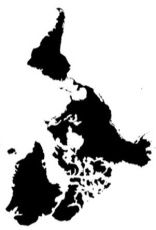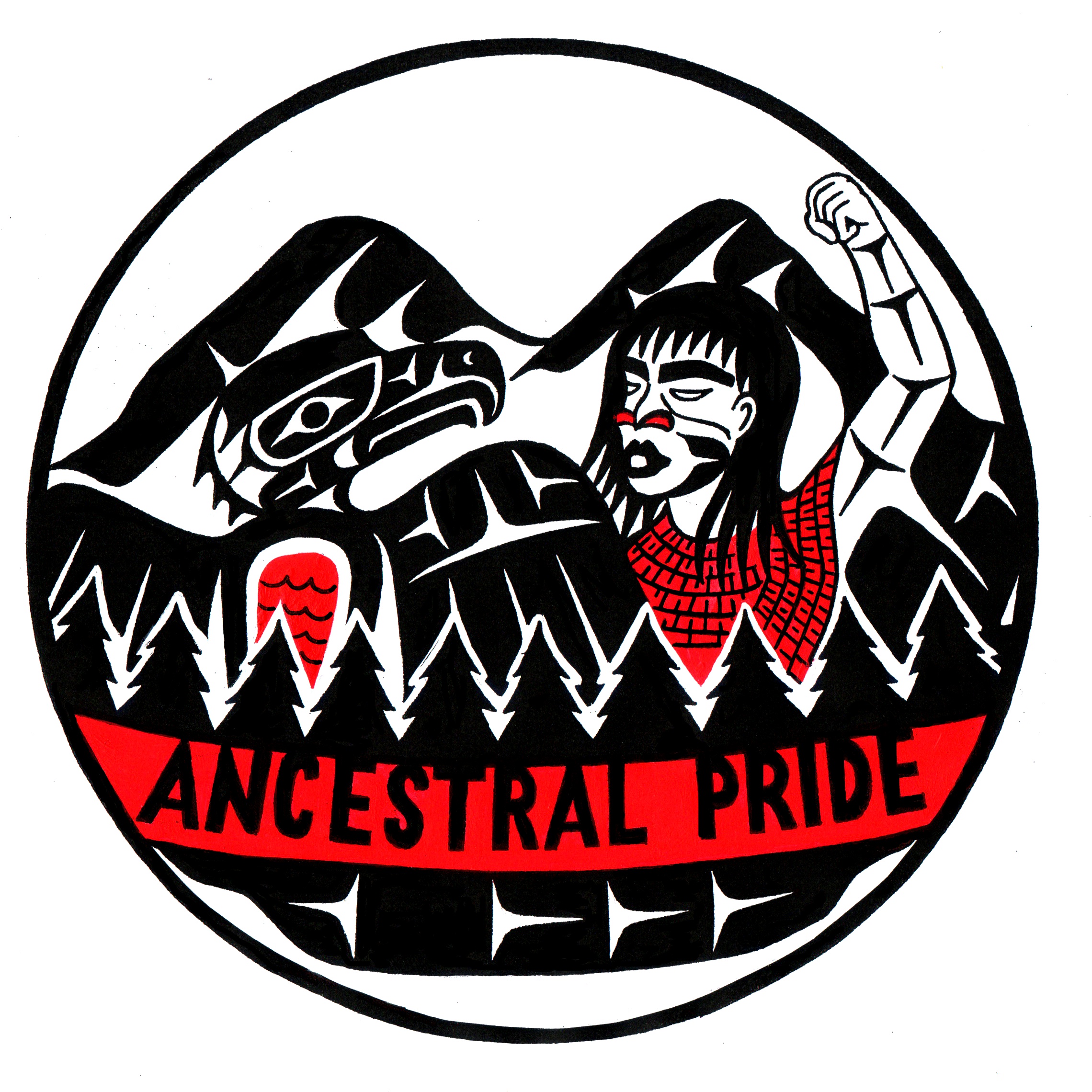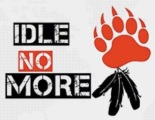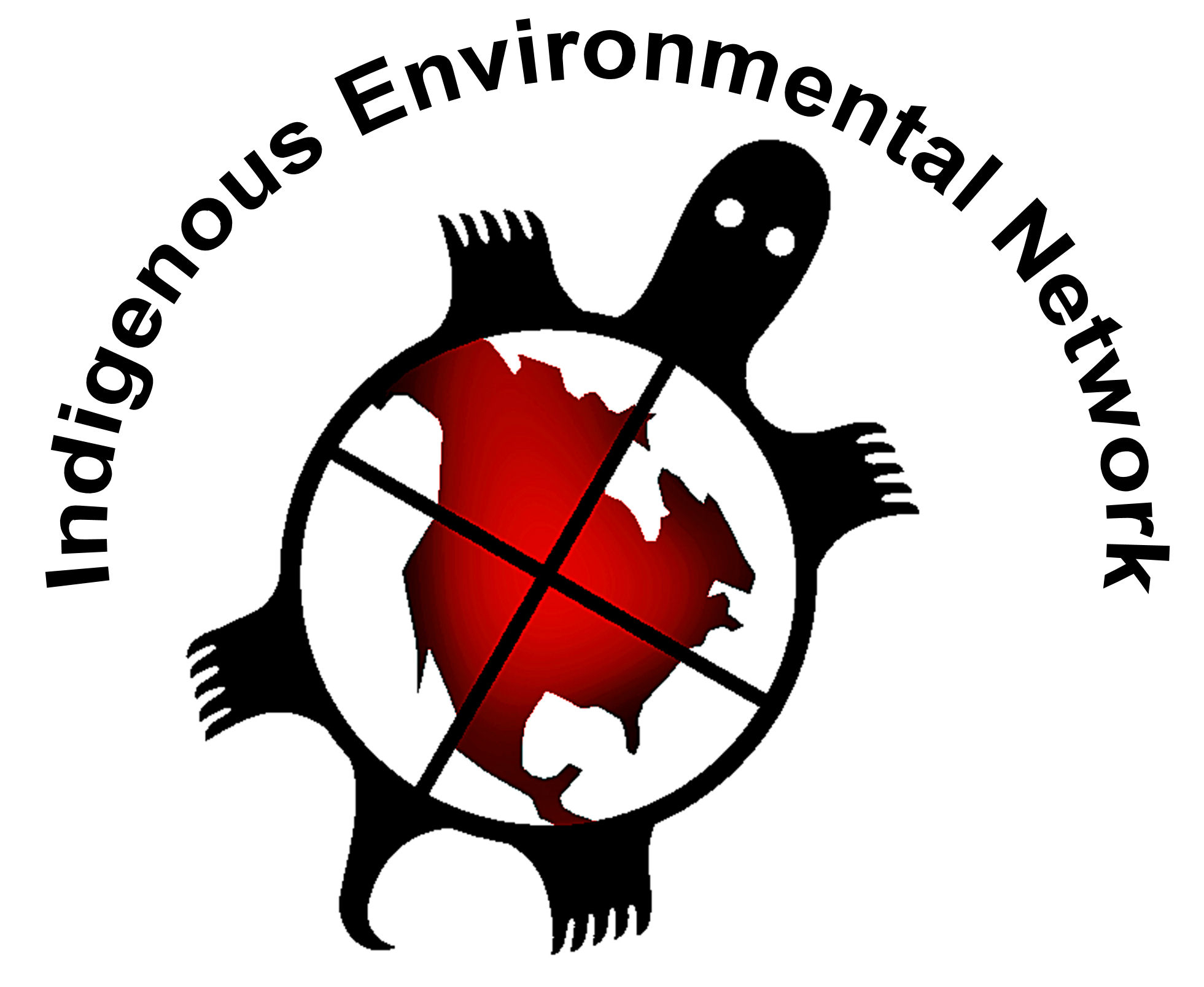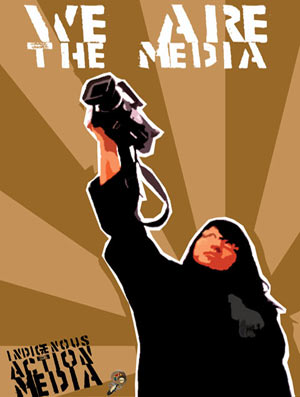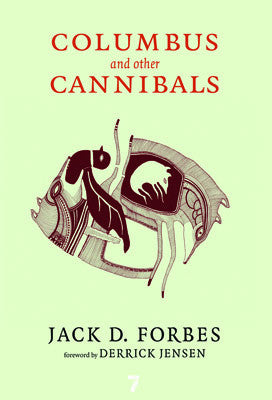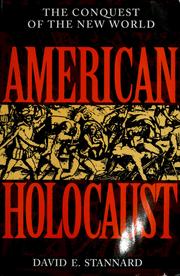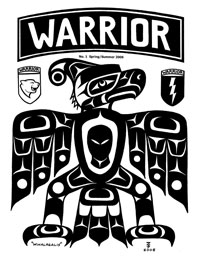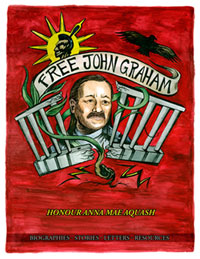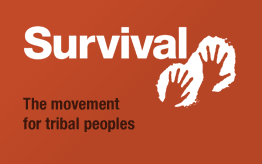After living in Portland, Oregon, I finally came to understand the meaning of “the Western frontier.” Removed from my East Coast hometown and associated mythologies of belonging, I learned to see myself as a settler for the first time. A white settler heading west, as so many have before me. From metropolis to frontier, like an Israeli moving from Tel Aviv to the West Bank settlements.
Here in the Pacific Northwest, the settler projects called the United States and Canada are especially young. With a low settler population density, Native pride and sovereignty is more visible in this region, especially amongst the First Nations of British Columbia (Canada). In fact, Portland has one of the biggest populations of Native Americans of any American city.
Here, on the frontier, the settler state is stretched thin, and all around me I see its criminal logic with startling clarity.
A new economic era brings new branding: instead of promising parcels of land for orchards and cattle ranches, the frontier now lures predominantly urban pioneers with trendy restaurants and mountain holidays. Buzzwords like “sustainable” and “local” adorn every amenity. This is the neoliberal version of Manifest Destiny, camouflaged with a hip veneer of clean living and conscientious consumerism.
In Portland, this newest wave of settlement is pushing the Native population to the fringes, once again. In recent years, the Native American Youth and Family Center (NAYA) relocated from the city’s central Mississippi Avenue district to the industrial outskirts of North Portland; elders remember the area as the Chinook fishing village of Neerchokikoo. Next-door is a giant parking lot of Caterpillar bulldozers – the same ones that knock down Palestinian homes thousands of miles away.
Despite its branding, the underlying logic of the settler project in Portland and beyond is clearly anything but local. It is deeply embedded within the matrix of global capital and extraction economics. Nike, Intel, Microsoft, and a plethora of Internet start-ups intentionally employ the most successful, mostly white newcomers to Portland and Seattle. The rest of the population works in the low-wage service industries that keep the affluent fed and entertained.
To the north of us in British Columbia, this same insatiable pattern of development and growth drives the metal mining that swallows First Nations land and poisons their salmon runs. Midwestern extraction industries plot to lace the Northwest with coal, liquefied natural gas (LNG), and tar sands transport corridors. China has already built the refineries – they need the fuel to make our phones.
As settlers moving west, we are modern-day seekers of the American Promised Land. But there are many more frontiers of colonization across the country, in both urban and rural locations, and not all stakeholders are white. Assimilationist multiculturalism opens up more and more opportunities for people of color to reap the benefits of settlement, even as the state continues to enslave and exploit others from the same communities.
The mechanisms of settler colonialism are complex and insidious: just as the white Ashkenazi elite in Israel pits Mizrahi laborer against African refugee against Palestinian farmer, so does American white supremacy sow divisions amongst its most oppressed in order to prevent them from recognizing they share more with each other and local Indigenous Peoples than with the white settler establishment.
Each of us must examine our complicity together with our community and strategize accordingly. As students, we have to recognize that our universities are by default bound up in the economic dynamics of the colonizer state. We cannot undermine Israel – a client state settler project bankrolled by the United States – without also working for decolonization here in the heart of the empire.




